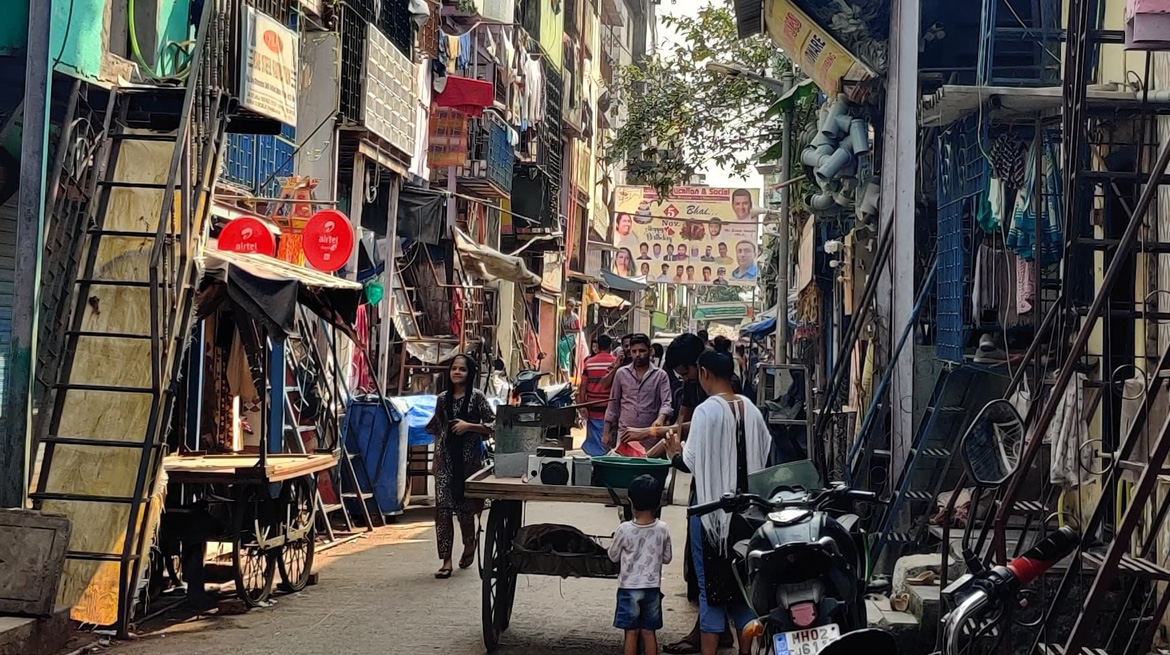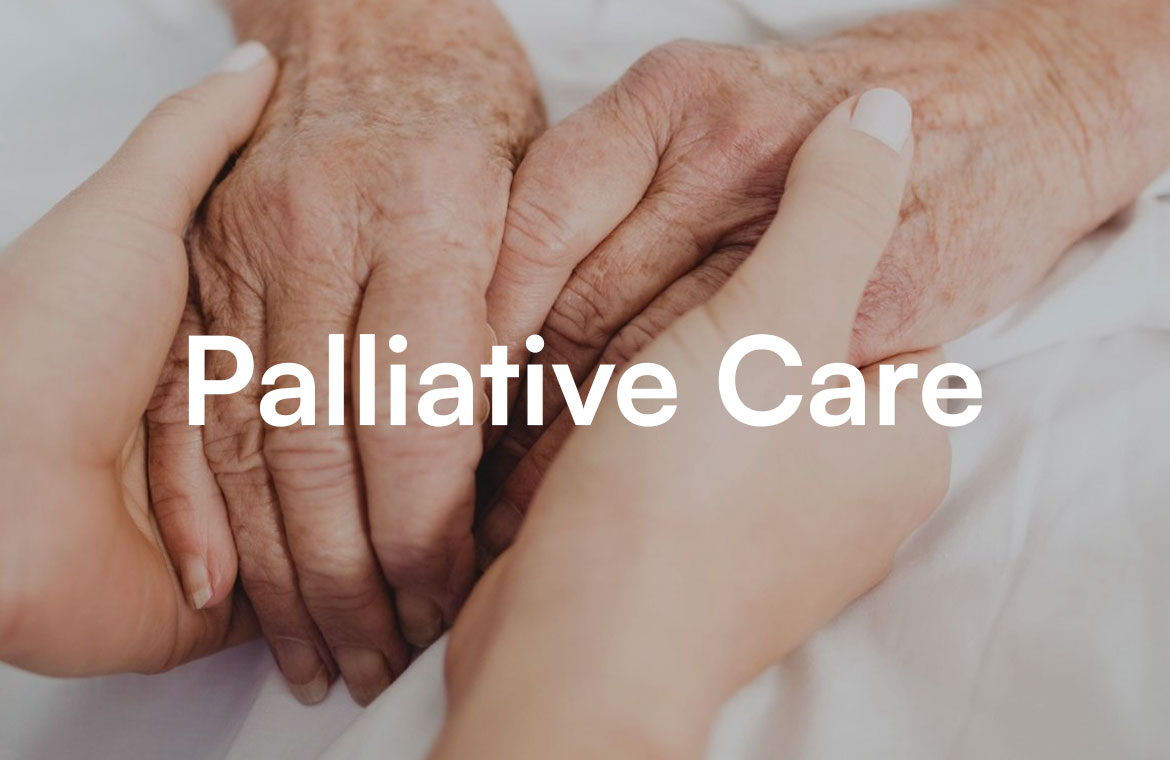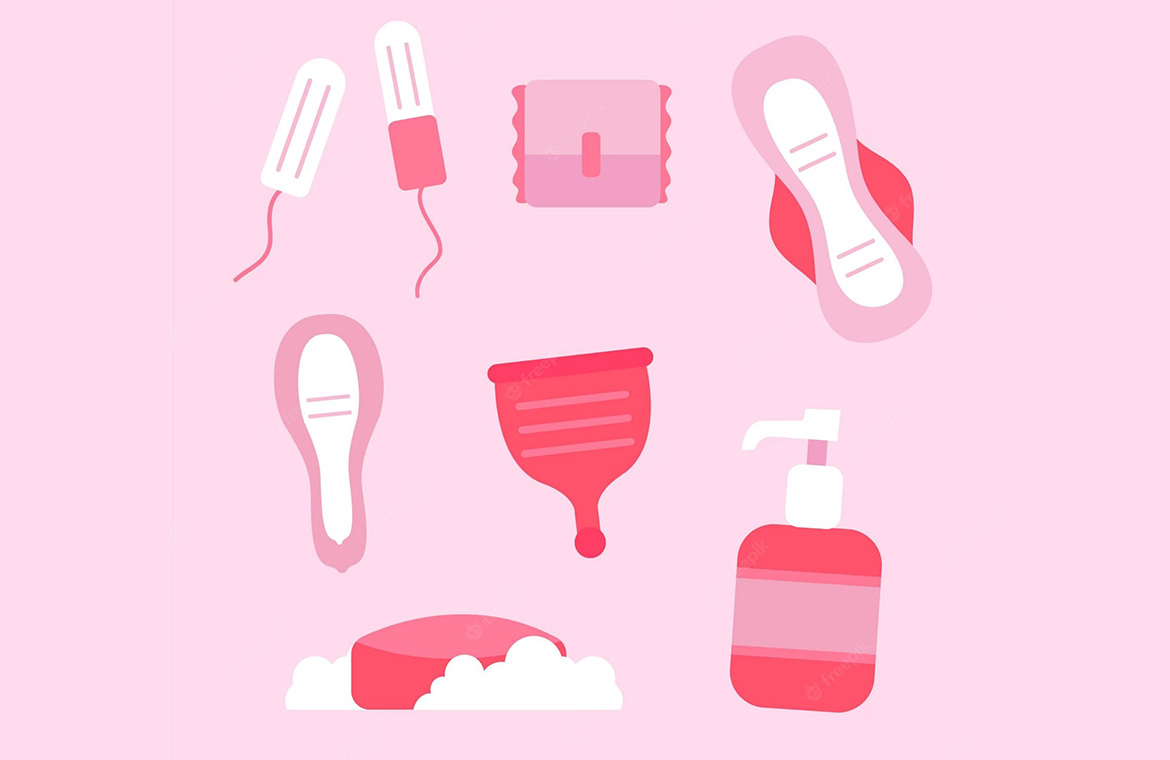When a 20-something-year-old chooses a branch called ‘Community Medicine,’ they envision a research scholar whose expertise lies in identifying research gaps and finding ways to fill them with quality evidence.
Sadly, the “Community” in community medicine is most times blindsided. My naivety had failed me to understand how the fairytale of randomly coming up with a research question strips away at lightning speed once you step foot in the community.
It took me some time to grasp the realities of navigating public health through the lens of fieldwork, gradually embracing the essence of a true community physician.
Looking back, perhaps these generational notions were the true barriers which affected our motivation to begin fieldwork in the first place. The prospect of stepping into densely packed urban slums, wading through things generally frowned upon as “unhygienic”, to reach dwellings which housed more people than an entire cricket team (including the extras) was not an enticing one. Naturally, the mood was “Not so high, Sir!” to begin with.
Promising (cursing) to ourselves to make this trip as short as humanly possible, we commenced our journey to the moon and hopefully quickly back. Sweating, panting, half-crying, and bumping into everything along the way while uttering countless apologies, we somehow managed to reach our designated households. Despite my initial revulsion towards the community, upon entering the first house, after muttering a quick intro, I began with my survey. This was followed by (unsurprisingly) a series of rookie mistakes.
Completely forgetting that I was wearing a white apron and a stethoscope, I hurriedly began asking questions. Being courteous, without much resistance, the residents obliged and helped me. Feeling eternally grateful for their responsiveness, I went ahead and started enquiring about income, family planning methods and household expenditure. The ease with which I was asking these questions was diagonally opposite to their growing discomfort. Finally, they questioned me about the reasons for asking for such personal details, making me realize that just because I needed to complete my task, it didn’t entitle me to pursue it in any manner I wished.
Determined to do better with the next household, I took my time introducing them to the concept of the survey and explaining why I needed certain information from them. However, in my effort to thoroughly justify my purpose, I inadvertently scared them, leading them to believe something was wrong, and I was promptly and unceremoniously shut out of their house.
Reflecting on both experiences, two things stand out to me. First, I had assumed that because I perceived their lifestyle as unhealthy and disease-prone, I decided that they should have the same awareness and should immediately make the necessary changes for a healthier life. In short, I was short-sighted and quick to judge. Second, I completely overlooked the socio-economic and behavioural nuances of health. To me, they had to do everything in their power to stay healthy because that was the aspect of their life I had focused on. This was directly reflected in my lack of effort in communication.
As doctors, we seldom perceive that without active community engagement in formulating any strategic plan to reduce disease burden, we will be treated as an encroachment upon their lives. Additionally, if health is unalloyed with behavioural and social sciences, then conducting a health survey is like running a fool’s errand. When this understanding begins to sink in, one starts to perceive nuances in such activities.
For example, during my hurried survey, I noticed that in five out of the ten households I visited, there were adolescent girls between the ages of 15-18 who had dropped out of school, were helping with household chores, occasionally employed in home-based work, and essentially waiting to be married off. The issue of gender bias emerges much later in this scenario, as this is often seen as a pragmatic and economic solution to make ends meet for the family.
While these girls are technically educated, do they possess knowledge regarding their health?
Do they know enough to make informed choices regarding their own sexual and reproductive health, let alone the health and nutrition of their prospective families?
Moreover, even if they know, how much of it will be effectively practised considering the cultural norms followed in their current and future families?
How and what can we do to enable them to do so?
It dawned upon me that this list will be never-ending, and there is no objective way of answering them either without systematically approaching it.
Motivation is derived from two pivotal questions: What is the use to me? And to make it sound less self-centred, what is the use to them? However, for a true researcher, motivation is fundamentally driven by curiosity, and in the case of a community physician, that curiosity is fuelled by fieldwork.
I am not saying my perspective has entirely changed, but instead of solely seeking scientific answers, I have become curious about the learning process. And that’s what made the difference.





So well put Neha m.♥️♥️